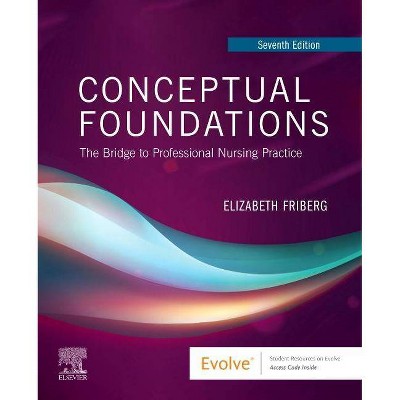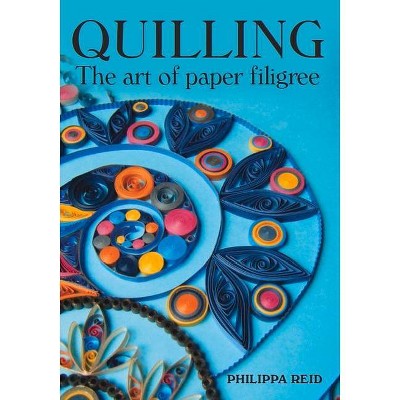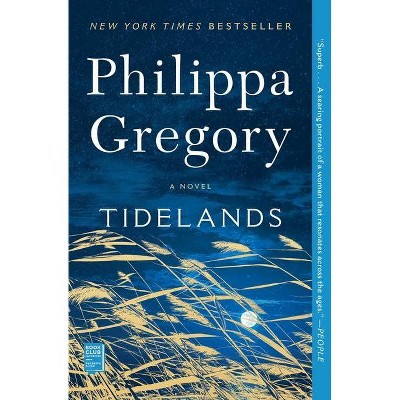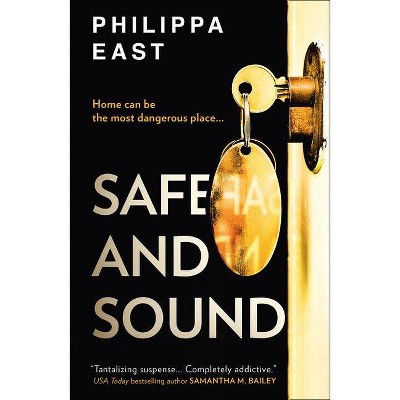Foundations of Chemistry - by Philippa B Cranwell & Elizabeth M Page (Paperback)
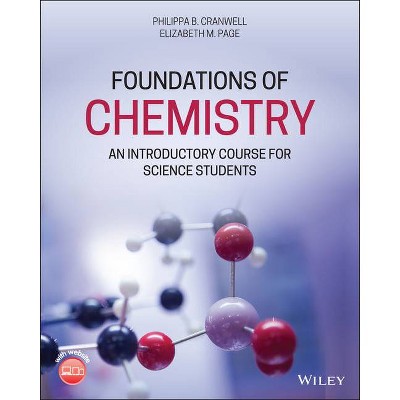
Similar Products
Products of same category from the store
AllProduct info
<p/><br></br><p><b> About the Book </b></p></br></br>"Chemistry is a subject that underpins many other disciplines. At the heart of chemistry is the study of the elements that make up the periodic table, the reactions they undergo, and the new compounds that are formed ... The formula of water tells us that it is a molecule made up of two atoms of the element hydrogen and one atom of the element oxygen. In your course you will learn that the elements in the periodic table are composed of atoms, and that atoms are made up from smaller particles called protons, neutrons, and electrons. It is the specific combination of protons, neutrons, and electrons that gives each element its particular properties"--<p/><br></br><p><b> Book Synopsis </b></p></br></br><b>FOUNDATIONS OF CHEMISTRY</b> <p><b>A foundation-level guide to chemistry for physical, life sciences and engineering students</b></p> <p><i>Foundations of Chemistry: An Introductory Course for Science Students</i> fills a gap in the literature to provide a basic chemistry text aimed at physical sciences, life sciences and engineering students. The authors, noted experts on the topic, offer concise explanations of chemistry theory and the principles that are typically reviewed in most one year foundation chemistry courses and first year degree-level chemistry courses for non-chemists.</p> <p>The authors also include illustrative examples and information on the most recent applications in the field. <i>Foundations of Chemistry</i> is an important text that outlines the basic principles in each area of chemistry - physical, inorganic and organic - building on prior knowledge to quickly expand and develop a student's knowledge and understanding.</p> <p><b>Key features include: </b></p> <ul> <li>Worked examples showcase core concepts and practice questions.</li> <li>Margin comments signpost students to knowledge covered elsewhere and are used to highlight key learning objectives.</li> <li>Chapter summaries list the main concepts and learning points.</li> </ul><p/><br></br><p><b> From the Back Cover </b></p></br></br><p><b>A foundation-level guide to chemistry for physical, life sciences and engineering students</b> <p><i>Foundations of Chemistry: An Introductory Course for Science Students</i> fills a gap in the literature to provide a basic chemistry text aimed at physical sciences, life sciences and engineering students. The authors, noted experts on the topic, offer concise explanations of chemistry theory and the principles that are typically reviewed in most one year foundation chemistry courses and first year degree-level chemistry courses for non-chemists. <p>The authors also include illustrative examples and information on the most recent applications in the field. <i>Foundations of Chemistry</i> is an important text that outlines the basic principles in each area of chemistry - physical, inorganic and organic - building on prior knowledge to quickly expand and develop a student's knowledge and understanding. <p><b>Key features include: </b> <ul><li>Worked examples showcase core concepts and practice questions.</li> <li>Margin comments signpost students to knowledge covered elsewhere and are used to highlight key learning objectives.</li> <li>Chapter summaries list the main concepts and learning points.</li></ul><p/><br></br><p><b> About the Author </b></p></br></br><p><b>Philippa B. Cranwell</b> is Associate Professor of Organic Chemistry at the University of Reading. She has extensive experience of teaching students chemistry, ranging from A-level to Foundation level and higher. She has co-authored several texts relating to both practical and theoretical organic chemistry. She actively undertakes research in the field of chemistry education and regularly publishes her work. She was awarded a University of Reading Teaching Fellowship in 2016 for her contribution to teaching and learning. <p><b>Elizabeth M. Page</b> is Emeritus Professor of Chemistry Education at the University of Reading. She has over 30 years experience of teaching chemistry at Foundation level and higher. She is author of several text books for life-sciences and chemistry students. Elizabeth has been an examiner for A level chemistry and helped in the design of the revised A level specifications in chemistry. During her time at Reading she established a strong network of chemistry teachers, providing a forum for discussions and guidance in teaching GCSE and A level chemistry. Elizabeth was awarded the Royal Society of Chemistry Education prize for her work with chemistry teachers and is a National and University of Reading Teaching Fellow.
Price History
Price Archive shows prices from various stores, lets you see history and find the cheapest. There is no actual sale on the website. For all support, inquiry and suggestion messagescommunication@pricearchive.us
